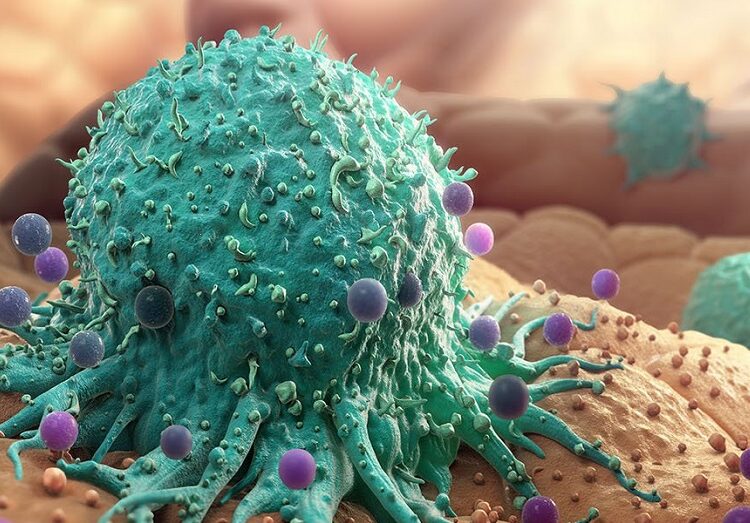The National Coordinator, Cancer Control Programme in the Federal Ministry of Health, Uche Nwokwu, has disclosed government’s plan to include cancer treatment in the National Health Insurance Scheme (NHIS).
He disclosed this in Abuja at the Nigerian Army Officers’ Wives Association (NAOWA) Cancer Awareness Summit, in commemoration of the Year 2024 World Cancer Day.
Nwokwu said the move was to ensure adequate and affordable healthcare services for citizens diagnosed with cancer.
He stated that the government has in place the Cancer Health Fund, which provides comprehensive cancer care for patients.
According to him, over 2,445 patients had been registered for the scheme while over 750 patients were already being funded.
He said, “We understand that one of the major things cancer affects is the pockets of the affected affected families and communities. Cancer is capable of impoverishing anybody. Nobody has the capacity on their own to afford cancer care anywhere in the world, not just in Nigeria.
“The government is taking steps to ensure that it is included in the health insurance, which is one of the major areas that people can afford to access the care and pay for it.
“We also understand that since not everybody is yet on health insurance, government has provided what they call cancer health fund, the fund provides comprehensive cancer care. As we speak, over 2,445 patients are registered and over 750 have been funded. The fund provides treatment for surgery, chemotherapy, and therapy and its centre is at the National Hospital. We also have a mandate of the minister to go across the country.”
Nwokwu added that the government had also entered into partnerships with Non-governmental Organisations to subsidise the cost of chemotherapies.
“The government also partnered with some NGOs and other sector players to reduce the costs of chemotherapies which are also very expensive,” he added.
The NAOWA President and Wife of the Chief of Army Staff, Mariya Lagbaja, noted that lack of awareness and access to quality healthcare, among others, have widened the care gap for cancer patients.
Lagbaja said, “As we are all aware, some of these gaps include limited access to quality healthcare facilities, financial restrictions faced by patients, and limited awareness regarding the Disease.
“Without any doubt, the lack of awareness most especially, has serious consequences, as it prevents many people from seeking early diagnosis and prompt treatment.”
She, however, urged Nigerians to undergo regular screenings and actively participate in raising awareness about the disease.
Mrs Lagbaja added, “As we commemorate this event, let us remember that our collective efforts have the power to make a difference. By spreading awareness, advocating for regular screenings, and supporting those affected by Cancer, we can contribute to a future where this disease no longer claims lives.”





